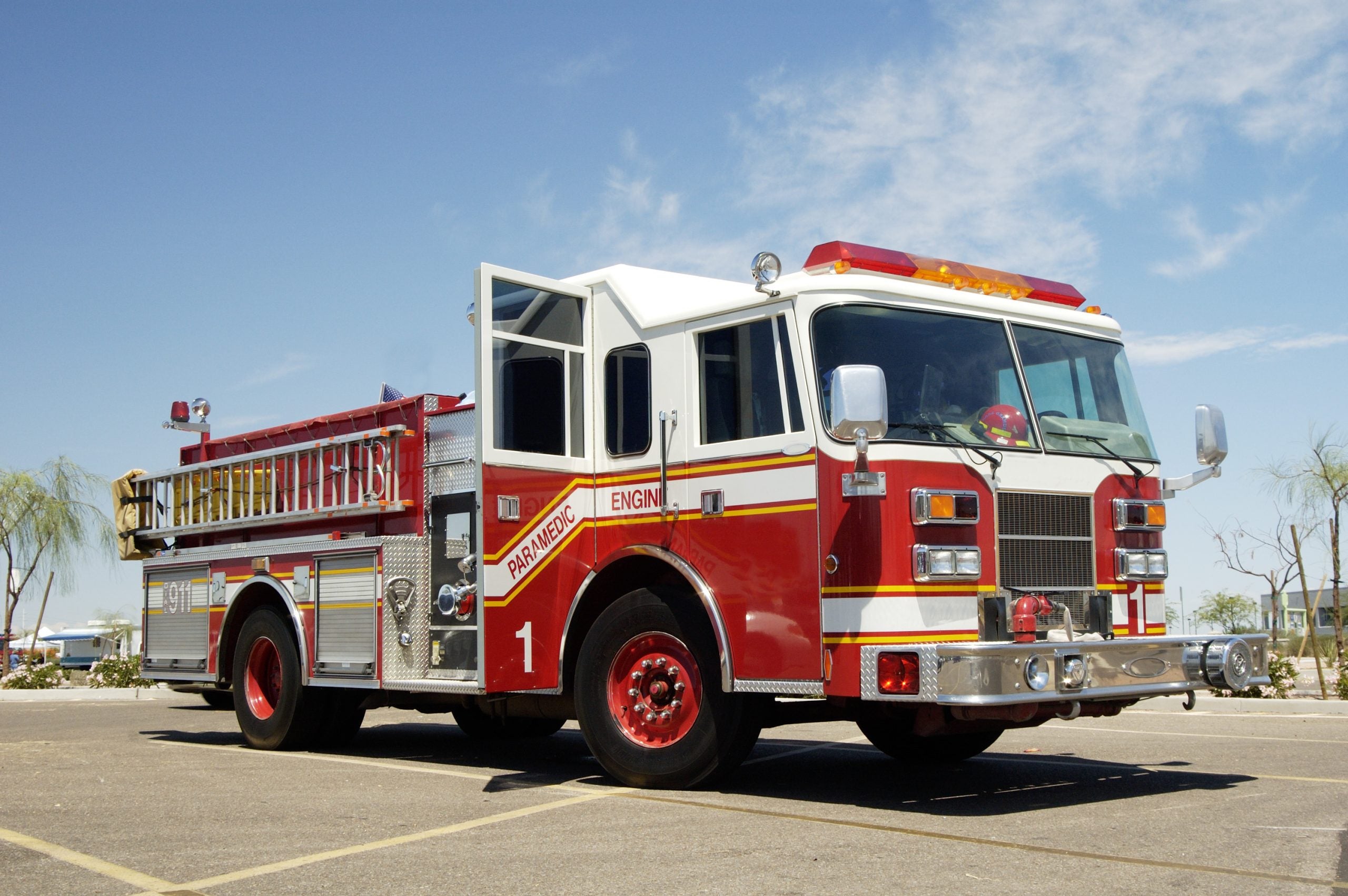(Editor’s note: a previous version of the story said the Public Services Committee approved the request. It was the Public Safety Committee. The story has been updated)
Augusta overall received $82.3 million in federal American Rescue Plan funding, and it appears that most of the money allocated to the Augusta Commission has either been earmarked or spent.
A good chunk of the money the commission received from rescue plan went to pay for across the board raises for city employees to bail out long overdue infrastructure projects, according to earlier reports in The Augusta Press. Other funds went to the Richmond County Board of Education and Augusta University.
Augusta Fire Chief Antonio Burden appeared before the Public Safety Committee on Tuesday, Sept. 27 and asked for $6,761,618 for needed equipment purchases. According to Burden, the needed items were not included in SPLOST 8.
MORE: Augusta Commissioners miffed at McDowell’s absence
According to Burden, the city normally uses the special purpose local-option sales tax funding to supplement equipment purchases and pay for vehicle replacement, but the department cannot count on that supplemental funding for the next five years.
Burden’s request led District 8 Commissioner Brandon Garrett to ask if any of the American Rescue Plan funding was left or if it had all been spent.
“Do we have $7 million left to even consider this request?” Garrett asked interim City Administrator Takiyah Douse.
Douse responded that there is roughly $8 million left in unallocated funding, meaning that if the fire chief’s request is granted, the city will have only $1 million left.
According to Burden, the department needs to purchase seven support vehicles, a pumper engine and an aerial ladder truck. Next year, the city will need to replace nine light vehicles, one pumper engine, one tiller ladder truck, one tender, and one ambulance.
An analysis document provided by Burden states that specialty fire trucks do not have a long shelf life. Fire department engines and aerial trucks both have an expected life span of approximately 10 years or 85,000 miles, according to the document.
That information was news to District 10 Commissioner John Clarke.
MORE: Stormwater topic of Augusta Commission meeting
“When I was a long-haul trucker, I was expected to get behind the wheel of a truck with 650,000 miles on it,” Clarke said.
Government Fleet Magazine sides with Burden, in that most times it is more cost effective in the long run to replace a specialty vehicle, rather than continue to patch up an older vehicle.
Unlike a commercial semi-tractor trailer, fire trucks have intricate pump systems and other critical systems that wear out over time. As technology continues to evolve and the vehicles age, replacement parts can be hard to find and may be extremely expensive to obtain.
The Public Safety Committee approved the request, and it will now go before the full commission for a final vote on Oct. 4.
Scott Hudson is the senior reporter for The Augusta Press. Reach him at scott@theaugustapress.com










